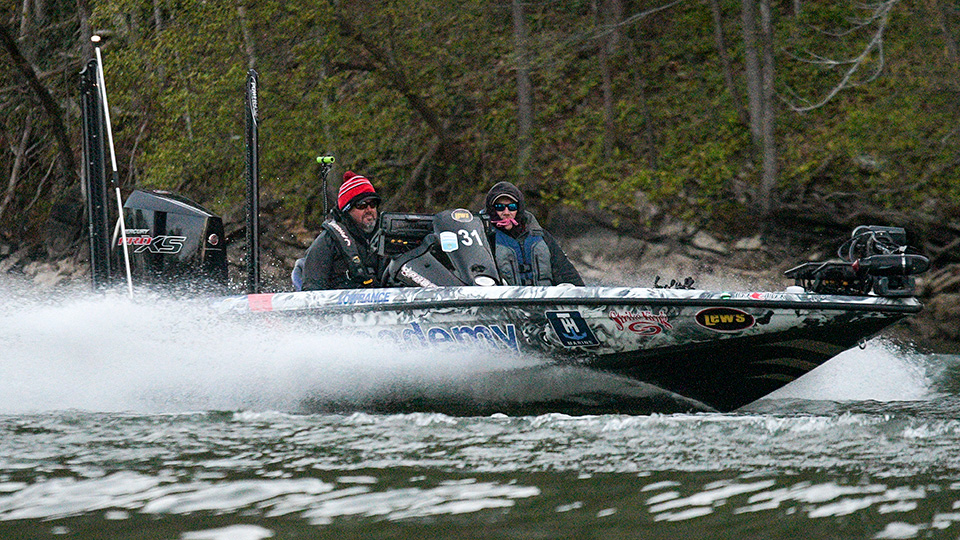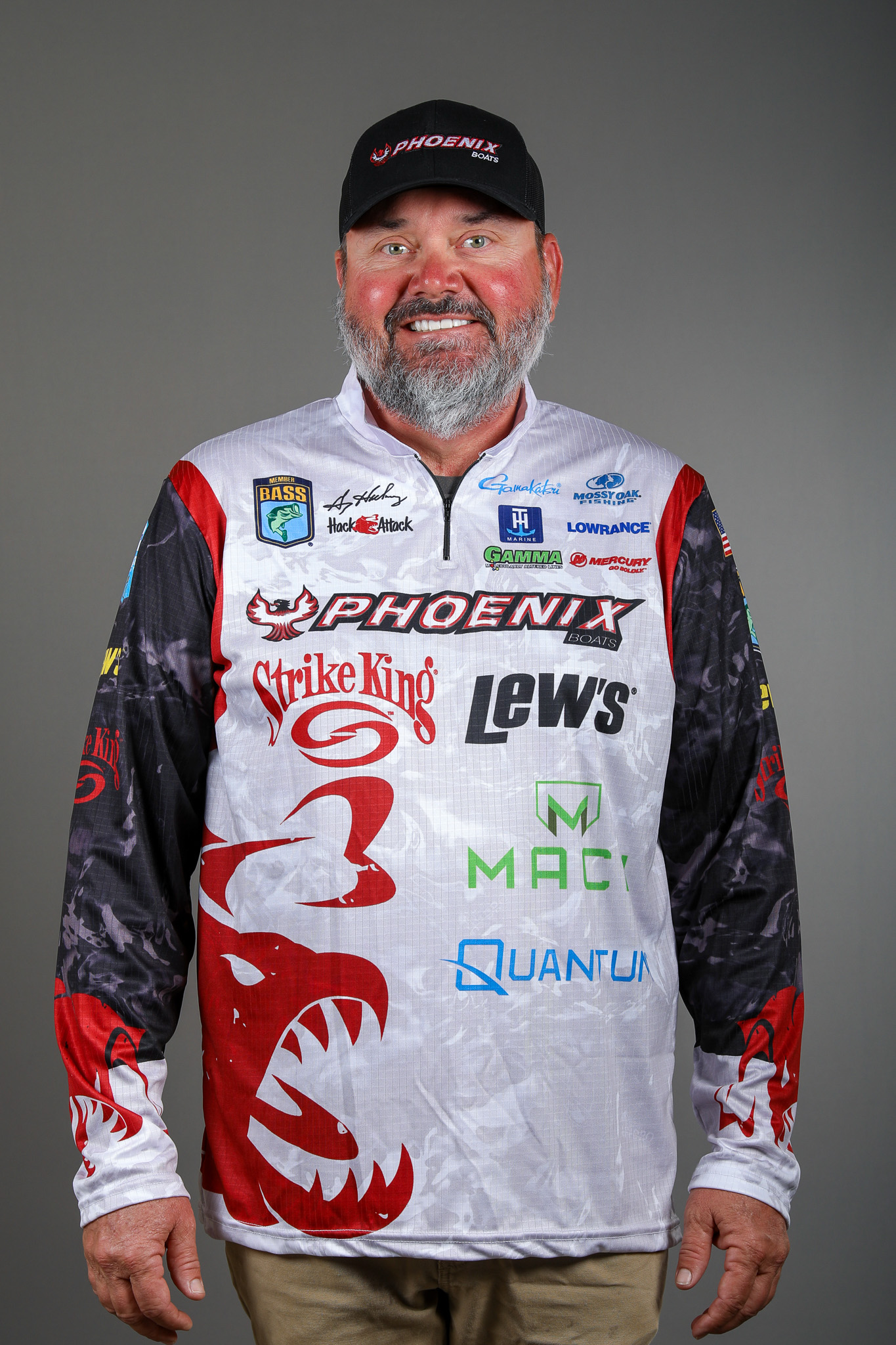
It’s easy for an angler to get off-kilter during the winter season.
That’s why I hunt. Well, it isn’t the only reason, but I’ve found that the deer season keeps me connected to my fishing both physically and mentally.
Let me explain. I believe it’s very important to be thinking about something during the so-called offseason. I don’t care if it’s about deer, ducks or riding mountain bikes. You got to keep that edge.
I do that by staying in the woods and stalking animals in their environment. It’s all about scouting and playing the game against an animal, akin to what we do on the water.
I challenge myself to hunt one deer, one that is older and cagey. Mature deer are intelligent and have a way of eluding people. They’re a worthy opponent, and I love those challenges.
In many ways, it’s like my fishing. I’m focused on finding bigger bass. I do enjoy eventually taking that deer, but what draws me to the sport is the pureness of figuring out that worthy opponent.
Perhaps that’s why I’m not big on trail cameras. I enjoy reading deer signs, following trails and stalking an individual deer. I don’t need all of that technology nor do I want to dull my natural senses, the same senses that I will use during the fishing season.
Yes, I have used trail cameras, and it’s cool to look at the camera pictures, but being able to scout, read the signs and feel the conditions are far more important. I’m not against trail cameras and see them as a tool, but I don’t rely on them as some hunters do. To me, it hampers the pure hunting aspect and dulls your senses.
It’s similar to how some anglers use forward-facing sonar.
I have the new sonar, and it’s unbelievably good. However, I don’t rely upon it. I’ve seen some anglers who won’t cast unless they see a fish on the forward sonar. If I pan around a likely area and don’t see a fish, I still make that cast.
I’ve caught some nice bass that way.
Here’s the deal: I’m a huge supporter of technology, but I believe you can be even more successful by keeping your senses sharp and using the technology as a tool, not as an end-all.
Time in the woods also helps me maintain my instincts by seeing how weather fluctuations affect animal behavior, much in the way changes affect bass. And by being outside, my body stays acclimated to bad weather so it’s a seamless transition to fishing during foul weather days in the early season. I’ll also be physically ready for the 21 straight days on the road when the Elite season picks up.
My battery gets recharged and my senses stay sharp. When the Elites begin in February, there will be no physical or mental adjustment period.
I’ll be ready to hunt some big bass.





